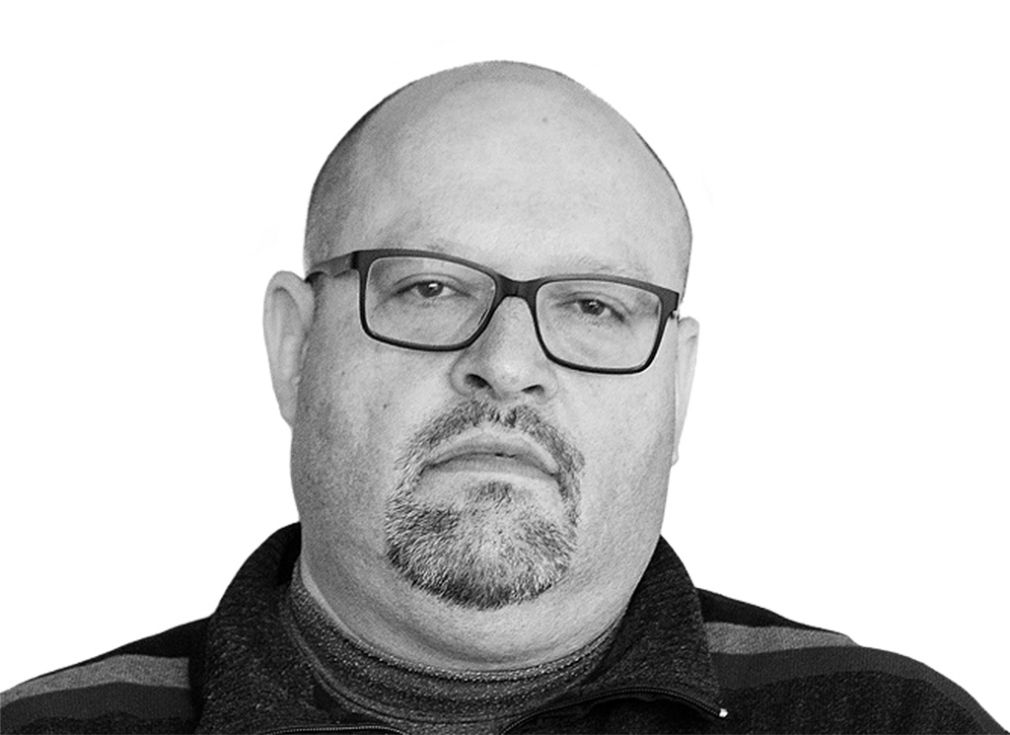By: Dr Matevž Tomšič
As we could expect, the dominant media completely “turned the tables” as soon as the government changed. What was once the object of criticism and rejection is now ignored or even supported. Every personnel move that was made under the previous government was marked for political alignment of party loyalists. Now, when there are more personnel changes – even in completely non-political areas such as health care – than there were before, everything is quiet. Can you imagine that Janša’s government would ask the ministries, offices, and agencies within the state administration to prepare a list of all jobs, promotions, and transfers during the term of office of its predecessor? We can be sure that there would be a total media panic, saying that it is about political purges and the introduction of autocracy. Now, however, the media have contented themselves with the Prime Minister’s explanations that greater transparency is being introduced. In short, according to them, there are no reasons to worry, because the Prime Minister said so.
Robert Golob (and with him the entire government) is still in a kind of cocoon of media protection, just as it was before the elections. The media did not critically highlight even the government’s biggest slip-ups, such as the one when, due to a clumsily implemented increase in the price of gasoline, it ran out for several days in some places (which happened for the first time in independent Slovenia). Or the Prime Minister’s statements about the pro-Russian orientation of the Slavic nations of the Western Balkans and the inadequate attitude of the West towards Russia, which once again raised suspicions about the sympathies enjoyed by the Russian regime in the newly composed ruling circles. Not to mention that the government is very late in taking systematic action against the energy and food costliness.
It seems that the mainstream media does not report at all on the controversial actions of the ruling coalition, their content, circumstances, and potential consequences. They report only the interpretations of these actions – and that by the protagonists themselves. Instead of analysing what is happening, we are watching the (self)apology of those in power. Apparently, journalists mostly “take their word for it”; even when it is clear that their statements and actions are in contradiction.
On the other hand, even after his party lost the elections and his government ended its mandate, the obsession with Janez Janša has not abated in any way. Everything that is bad in the land, is still his fault. Thus, in Mladina magazine, they accuse Janša’s government of “pre-election creation of economic growth”, as a result of which the country supposedly lost those millions of European grants. Such a nebulous syntagm can only be produced by the perverted minds of our socio-political workers. Obviously, economic growth is also something bad if the “wrong” political option is responsible for it. This is a complete distortion of reality and as such completely at odds with common sense.
Double standards are also “at work” when judging the performance of those institutions that are the main “object of desire” of the rulers. This applies primarily to the national radio and television, especially its management bodies. Thus, the political orientation of the programme (and supervisory) councillors became a problem only now when the majority was appointed by the right-wing government. The problem is their “wrong” political-ideological orientation. When people appointed by left-wing governments sat in the governing bodies, everything was fine. The current president of the programme council is controversial (saying that he is “political”), although he is not a member of any political party, and his predecessor, who was a member of the Central Committee of the Communist League and later State Secretary, was not controversial. And we are sure that when the new government – with or without a new law – takes over the national RTV, it will appoint only people from its circle to management positions. But political and media activists will not be bothered by this.

